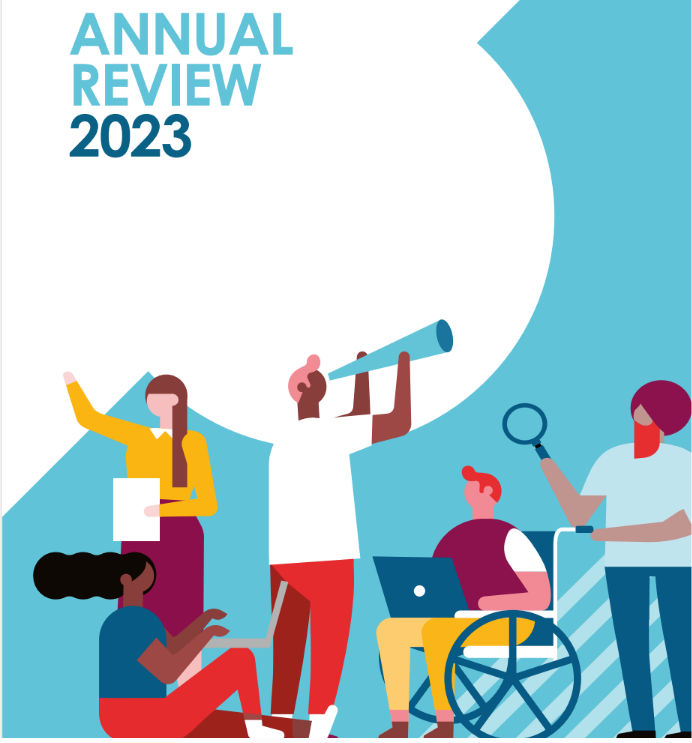The UK economy is set to suffer its worst recession in more than 300 years. We know that young people are likely to bear the brunt of the economic storm to come. However, despite using the word ‘invest’ 18 times in his statement to the House of Commons, the Chancellor used the words ‘young people’ just once. The employment landscape is bleak and especially for young people. The Office for Budget Responsibility’s latest worst-case unemployment forecasts are that 11% of the workforce could be unemployed by early 2022. If the youth rate keeps tracking that, as it has done in previous recessions, we could be looking at around 25% or even over 30% unemployment for young people. That challenge demands a substantive policy response. But have we had it?
The Spending Review recommits to Kickstart, the programme to place young people claiming Universal Credit into a job for six months, but just £200m this year. A further £1.6bn is committed in 2021/22, but the rate of youth unemployment is already four times more than for other age groups. More clarity is needed on the eligibility criteria for 16-17 year olds and how smaller employers will be engaged through the ‘Gateway’ providers if they are taking on fewer than 30 young people (which will be most of them).
The wider youth sector plays a critical role in providing employment support for young people. A new £16.5m for a youth COVID-19 support fund is welcome, but it’s vital that the Government deliver on previous commitments to launch a £500m Youth Investment Fund.
There is an extension of incentive payments for hiring a new apprentice, introduced in the Plan for Jobs, but only up to the end of March, which is surprising given the alarming fall in apprenticeship starts in recent years. Other training investments include £375m in the National Skills Fund covering technical training, SWAPs, National Career Service and traineeships, but little extra specifically for young people.
The commitment to implement the recommendations of the Low Pay Commission applying the National Living Wage to 23 and 24 year olds (rising to £8.91 per hour) rather than just those aged 25 and over from April, will be a welcome rise for those young people on low wages who have been able to keep their jobs or find new ones. But rises for young age groups are much more minimal, with the rate for 16-17 year olds going up the least, from £4.55 to just £4.62 per hour.
Tackling youth unemployment should be a political, social and moral priority at the forefront of government action, but that certainly wasn’t apparent in this budget.
We are calling on Government to act now to address this missed opportunity:
- Fast track levelling up initiatives that engage young people, support their journey to work and create new jobs for those aged 18-25
- Put supporting young people into work front and centre of the Shared Prosperity Fund,
- Ensure young people aged 18-25 have priority access to the £3billion ‘Restart’ programme.
- Distribute the £500m Youth Investment Fund to local youth and community groups to deliver employment support to 14-25-year olds in partnership with Job Centre Plus and local employers
These levers provide a valuable opportunity to get young people into quality jobs and build a skilled workforce for the future.


